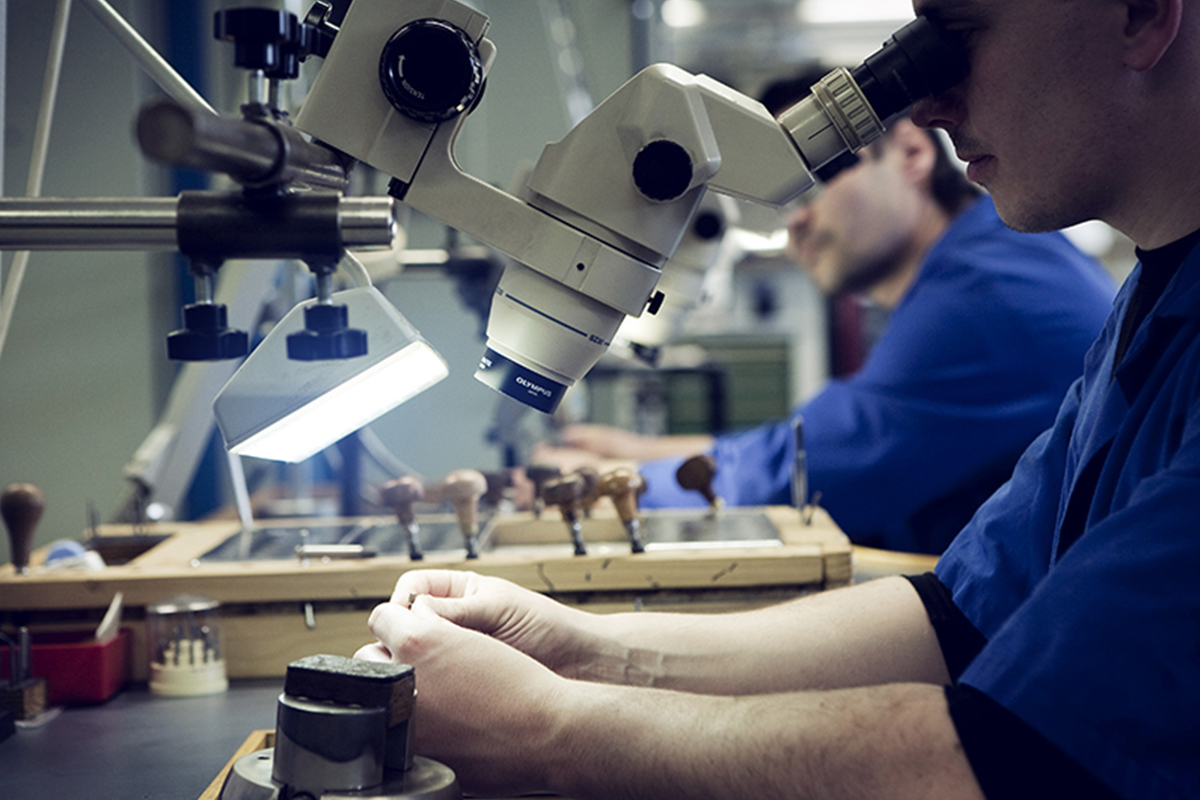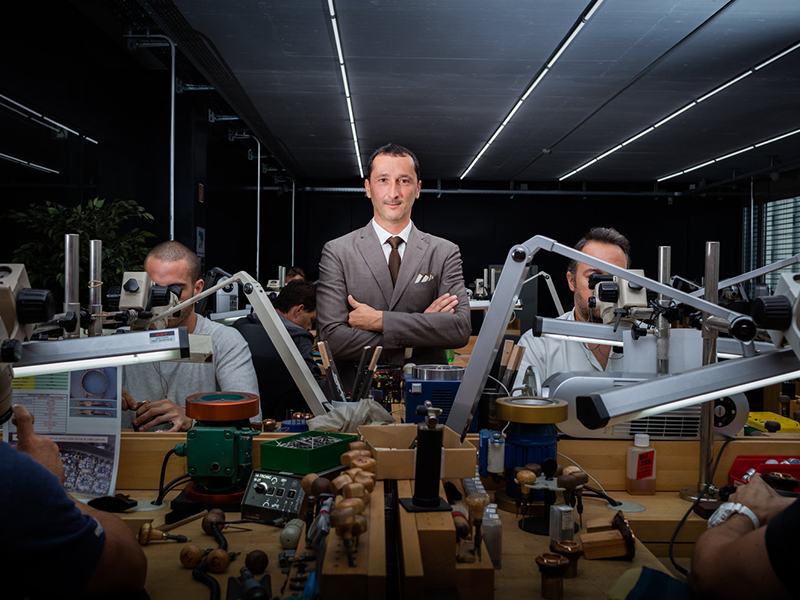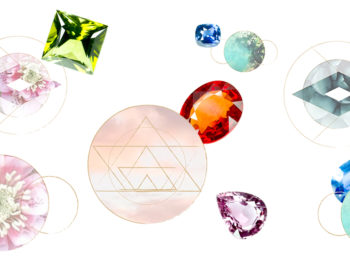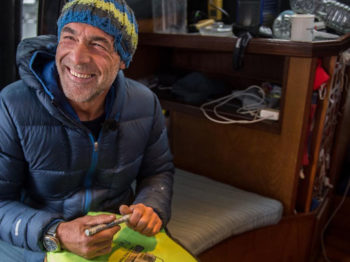A master beyond the technique, ‘stone-setter’ Pierre Salanitro has set his mark in the watch industry. Some may call it serendipity, others fate. Pierre Salanitro started as a banker until he found his way into jewellery setting thanks to a random afternoon spent with a friend. Not only he became an expert, but his company embodies what others in the watch industry name as “the manufacture of stone-setting”: it goes beyond just mastering a technique. Ten questions to the expert who founded Salanitro Concept 27 years ago.
Some call it serendipity, others fate. Pierre Salanitro started as a banker until he found his way into jewellery setting, thanks to a random afternoon spent with a friend. Not only did he become an expert but his company, today, embodies what the watch industry has nicknamed “the manufacture of stone-setting”: Salanitro is a master beyond the technique.
How does one become an expert?
Thanks to long years of experience and practice. Then, the irreproachability of the product delivered, matched with a vision and long-term strategy is what earned me the most prestigious client portfolios. This is how I became a master at jewellery setting in horology.
What made you become an expert?
It was love at first sight for me when I visited a setting workshop. I was trained as a banker, so not really destined to work with precious gemstones. I had lunch with a friend who told me he had to stop by and see his father in his small workshop. By the end of our visit, he had hired me for a trial period. I worked for 10 months before deciding to start out on my own. That was 27 years ago.
What is the expert’s tool?
The magnifying glass or binocular we use to look at a product with precision and detail.
What do you consider your biggest challenge as an expert?
Always reaching for rare beauty and perfection; the final product has to reflect both.
What’s the expert’s typical day like?
Complex and complicated! It’s a mix of operational activities, financial dealings and corporate strategy, but also creativity. I need to come up with new ideas for my clients, plus manage daily interpersonal relationships with the brands I work with. With a staff of 190 people, I also have to oversee the demands that come from the different workshops, approve their work to keep the momentum going.
How do you evaluate other experts’ work?
Without being critical of them, I would say that my colleagues are more executives than creative types. Most don’t necessarily have a long-term strategy; some even tend to focus more on profitability than on craftsmanship and passion.
What makes you a better expert?
Besides hours of hard work, sacrifice and humility, probably my never-ending dissatisfaction. Yet with time I’ve come to have a broader, better vision of the brands’ needs; today we are the main provider in jewellery watches. We have access to the world’s biggest retailers and distributors, which gives us direct feedback from different markets on the current trends. Thanks to this, we’re able to tailor-make perfect proposals.
What do you love about being an expert?
You never get tired of it, because every day is different from the last.





